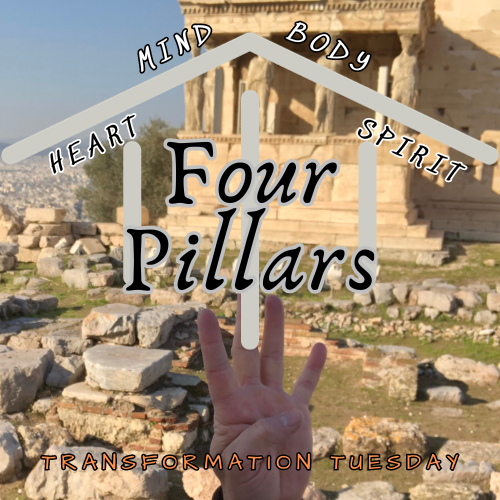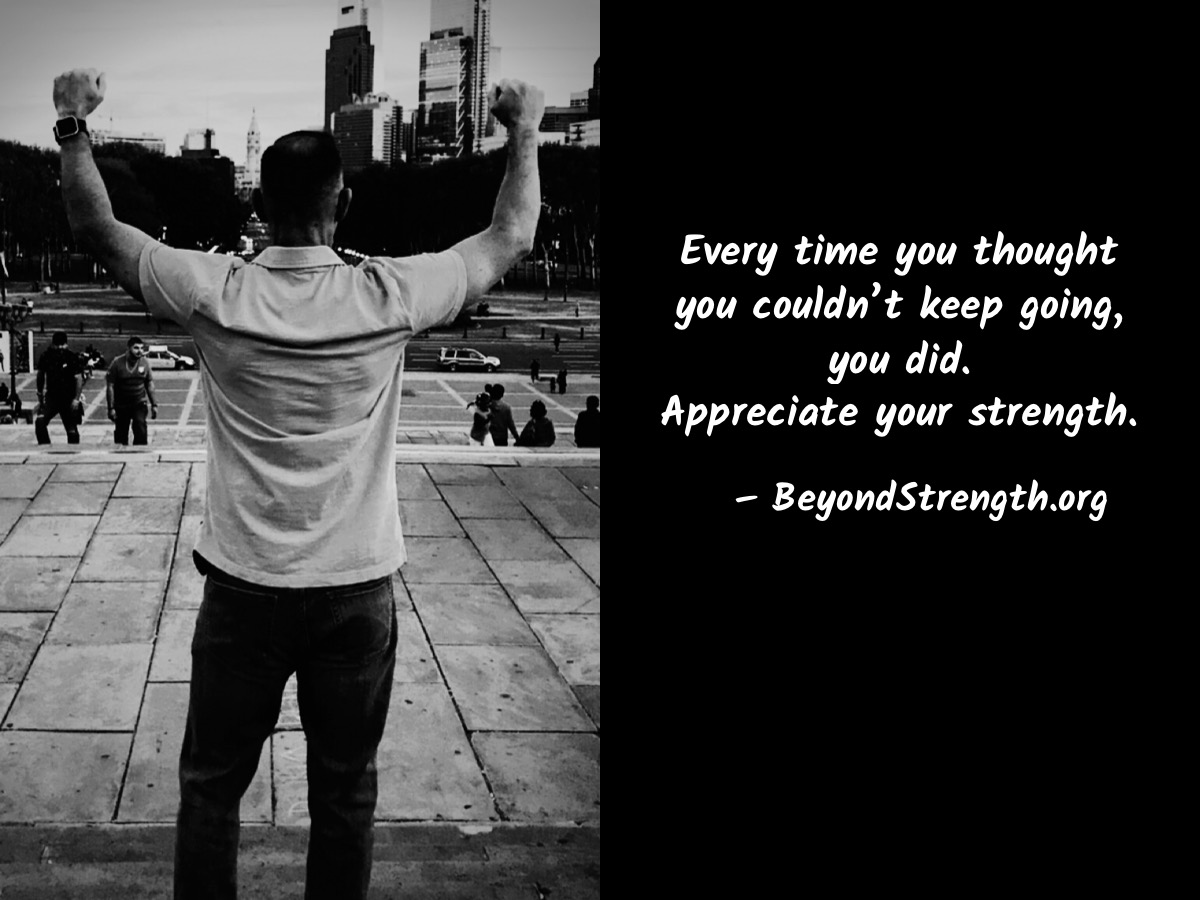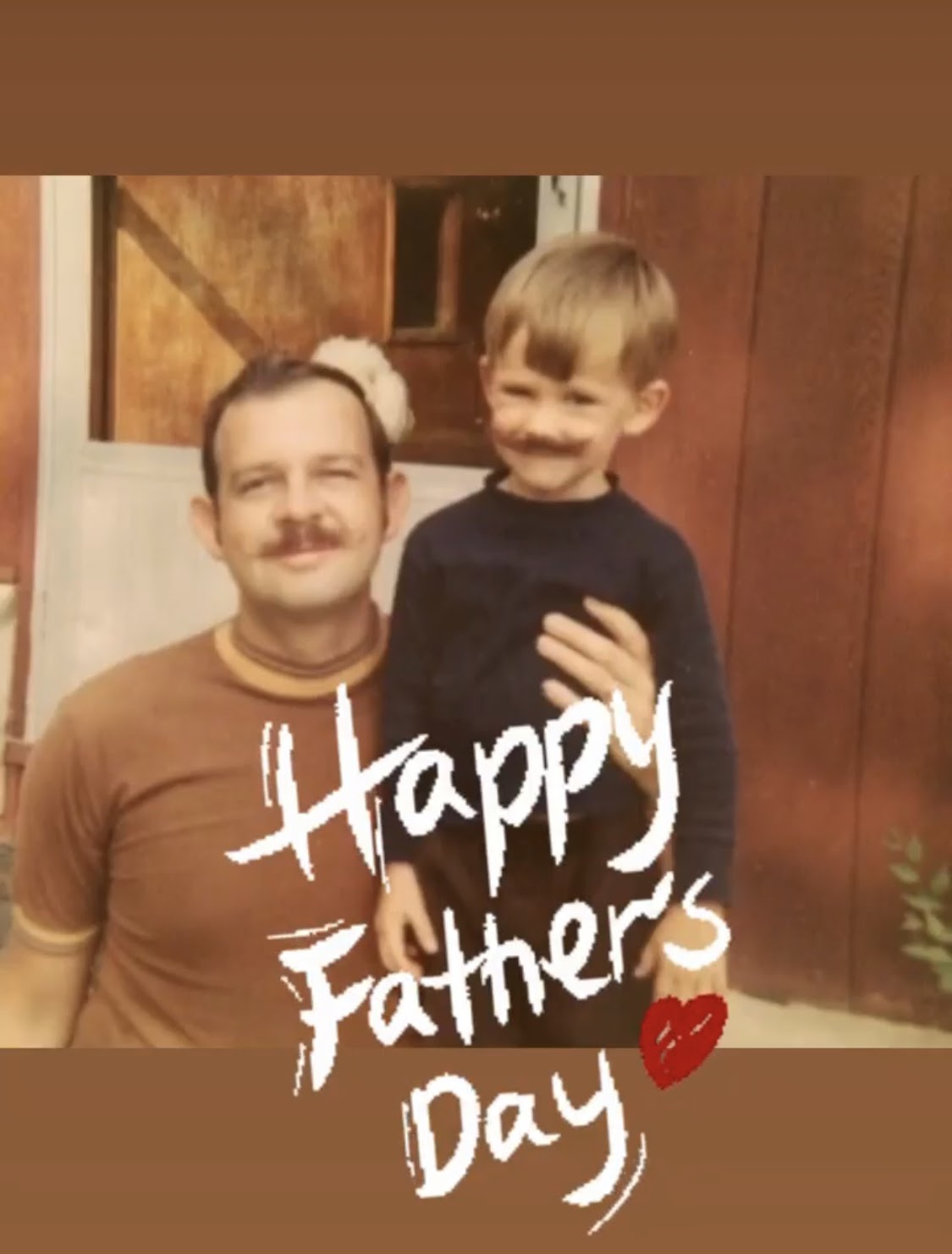As each year transitions to the next I find myself looking back as I look forward. Is it just me, or does it seem like the world continues drifting farther off the rails every year? There’s a future article in there somewhere, but I’m well overdue for what’s in front of me here.
Unless you’re new to following along, you know January is when I recap the articles, activities, and exploits of the previous year. While I’m grateful for some new opportunities, there were also added responsibilities, challenges, and the unexpected loss of loved ones early in the year that drove engagement here down. But I hope what I did share was meaningful, encouraging, inspiring, or entertaining to you in some way. It’s certainly enjoyable to me! So in continuance of this tradition of questionable value, please enjoy my fifth such year-in-review.

Little Things Parts One (and Two)
After buying time with the previous year’s review, I promptly began 2023 talking about the important business of doing your business. Well, only in part. Resurrecting memories of the White Cloud toilet paper jingle ‘little things mean a lot’ helped introduce the subject of how little things in our lives can have a large impact. Consider the spark as to a wildfire or the rudder as to a ship. Consider that despite its small size, the human tongue has unrivaled power to equally uplift or destroy. Or how ostensibly insignificant words, incidents, decisions, choices, or (apparent) coincidences of the past are written seamlessly into the script of your life today…a phenomenon I dubbed incidental interconnectedness. The smallest act of kindness provides big comfort in the midst of pain. Getting out of bed and showing up every day; a positive attitude; giving compliments; gratefulness; treating people with dignity and respect; asking people how their day is going; saying “please”, “thank you”, “I love you”, and “how can I help” more often; holding hands; or sending handwritten notes and thank-you cards are other little things of enormity. A simple hug or touch can instantly reduce stress; words that may seem insignificant when given or received often have lasting impact, for better or worse; faithfulness in little things leads to faithfulness in much; and the smallest light can be seen in the thickest darkness. The real issue isn’t how much we have, but what we do with it.
Be that light.
Unlikely Heroes: When Ordinary People Do Extraordinary Things
It’s difficult to summarize this article or convey in brief the emotion contained within. While I recommend linking back to all of 2023’a articles, this one is especially best read in full. Two quotes from it will have to provide its summary here.
“There comes a special moment in everyone’s life, a moment for which that person was born. That special opportunity, when he seizes it, will fulfill his mission – a mission for which he is uniquely qualified. In that moment, he finds greatness. It is his finest hour.” – Winston Churchill
“True heroism is remarkably sober…It is not the urge to surpass all others at whatever cost, but the urge to serve others at whatever cost.” – Arthur Ashe

You Are Enough Part One (and Two)
“God often spends years preparing us for what he wants us to do….don’t be impatient with yourself.” – David Jeremiah
These two are likewise hard to condense. I did little compulsory introspection into the impact my past may have had on preferences, behavior, life and career choices, and responses to other situations in an effort to answer those and other ‘whys’; the most obvious of which is having spent most of my life believing I’m not handsome enough, good enough, desirable, or strong enough. And trying in some way, every step of the way, to prove that I am.
In addition to examining the potential source of some of these long-term hangups, I also lamented time I wasted not being the man God intended me to be. I then found myself wondering whether it really was all wasted time, or part of a some master plan to prepare me for where I am today. The answer appears to be “yes”.

Part Two examined why many of the steps I took along the way to make myself feel better about myself were completely unnecessary. Instead of worrying what people think of me, I now try hard (not always successfully) to use the good, bad, and ugly of my life, career, and experience to bring me closer to God, help others, and make the world a better place. The key to this two part self-examination was this: Stop stumbling over things already behind you. You are enough. Be confident in who you are and to whom you belong.
“I am not what I ought to be. I am not what I wish to be. I am not what I one day will be. But, by the grace of God, I am not what I once was.“ – John Newton
Things had been pretty heavy the last few articles, so a rail trip I took to Oklahoma City provided inspiration for something a little less weighty. This brief foray into lighter fare gave merely a glimpse into why I love traveling by train whenever possible. The chance to use this timely double entendre was just bonus: “When you say you don’t have time to train, what you are really saying is that you’ve chosen not to train.” – Arnold Schwarzenegger
I encourage you to get on-board and see for yourself.
As someone who has historically done a lot of speaking and teaching, the pejorative statement “Those who can, do; those who can’t, teach.” has always been offensive to me. This article serves as a rebuttal directed at those who carelessly spew that sentiment, and a defense of those it’s typically directed toward. Because those who can do both!

Humans are interdependent. From the beginning God said it’s not good for man to be alone. Life and leadership are about helping others be successful. Others help us to be our best and prevent loneliness and isolation. Perhaps this statement sums it up best: the strength of the whole is greater than the sum of the parts. “The main ingredient of stardom is the rest of the team.” – John Wooden
Fitness remains an important facet of this motivational ministry and my life. On top of my ongoing daily commitment to doing my age in squats and pushups, regular strength, flexibility, and cardio workouts continue. I’ll use an upcoming article to chronicle that and inspire you to the importance of continued wellness.
The year ended with a significant health scare and emergency surgery for my father, and a skin cancer diagnosis requiring surgery of my own. Still, there’s much to be grateful for, not the least of which is your continued interest, support, and encouragement. I’m looking forward to another great year working together with you to make the world a better place.
Let’s do more in 2024!
Get Strong. Be Strong. Stay Strong.






































